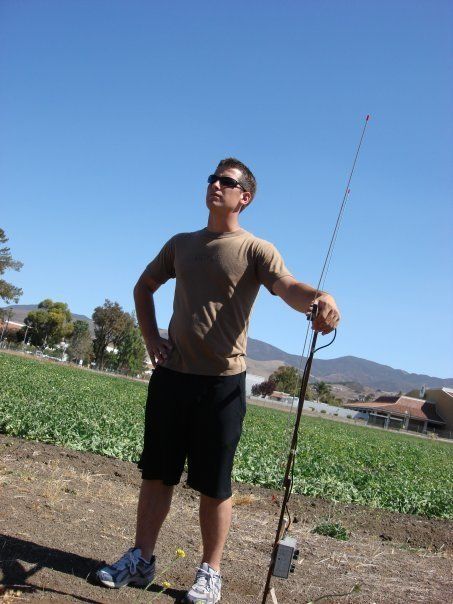FAST TRANSIENTS
THE TACTICAL TANGENTS BULLETINASK, TELL, MAKE: STILL WORKS
In the police academy, we learned this decision-making algorithm for use of force: “Ask, Tell, Make.” First you ask ‘em, then you tell ‘em, then you make ‘em.” It was simple, but problematic. At face value, it became the law enforcement equivalent of “Because I said so.” It didn’t allow for patience, it conditioned officers to walk with an attitude of superiority, and for the narrow-minded—it didn’t give a new recruit any wiggle room for flexibility. It was old school.
Perhaps we can do a better job explaining it. The utility of Ask-Tell-Make is to think about alternatives in our approach. We could have a conversation with them. If a suspect understands that his options are limited, and that fighting is going to make the situation more complicated for him, maybe we can convince him to take the high-road and do the right thing. But that doesn’t always work.
For some people, questioning authority is their way of testing the water, looking for weakness. It is a defense mechanism—they are posturing. The best way to deal with that might be to call his bluff, and to calmly but resolutely tell that person exactly what to do. That doesn’t necessarily mean raise your voice, but it could. It definitely does not imply that you should engage in a battle of egos and unnecessarily escalate the problem. Cops must be able to read their audience, and only use that approach as a tactic—not to show how badass they are. With authority, comes accountability.
Consider that all humans react to stress with a sympathetic nervous response (fight or flight). Maybe his failure to comply has something to do with the same sort of auditory exclusion cops often experience during a shooting. Reading signs of stress is an important skill. Lowering your “commanding” approach to a conversational tone might reduce the arousal level to a point that the suspect can think clearly, and see more person than uniform.
At the end of the day, good police officers understand that they will have to use force in this line of work. Some people are going to fight. But this isn’t about them—it’s about you. The fundamental difference between the good guys and the bad guys is that we have a sense of honor, duty, and respect for our fellow man, and for our profession—so we must stay above reproach and carry ourselves accordingly. Ask-Tell-Make still applies, we just can’t be superficial about it. In any interaction, we have to consider our options and thresholds—have a “line in the sand,” and don’t over commit. Accept that sometimes, we have to escalate to do our jobs effectively. A swift, moderate escalation now might prevent a more permanent predicament later. Stay flexible, my friends.

Mike Doyle
Founder
Mike is a full-time police officer and tactical medic. He currently works as a K9 handler, SWAT team member, and Police Trainer. Mike started Tactical Tangents as part of his fundamental purpose to save lives. His goal is to enhance the survival of police officers and concerned citizens by helping them become better, smarter, faster, and more efficient. His opinions are for informational purposes only and do not reflect those of his employer or any other government agency.
LATEST EPISODE
Be sure to listen to the story of the Final Mission of Extortion 17. Jim was deployed at the time of this incident and had some first-hand knowledge of what became the worst single loss of US SOF personnel in the Afghanistan war effort. Available October 1st!
Subscribe for new episodes on the 1st and 15th each month. www.tacticaltangents.com/podcast
LOOKING FOR AN OPTIC?


0 Comments